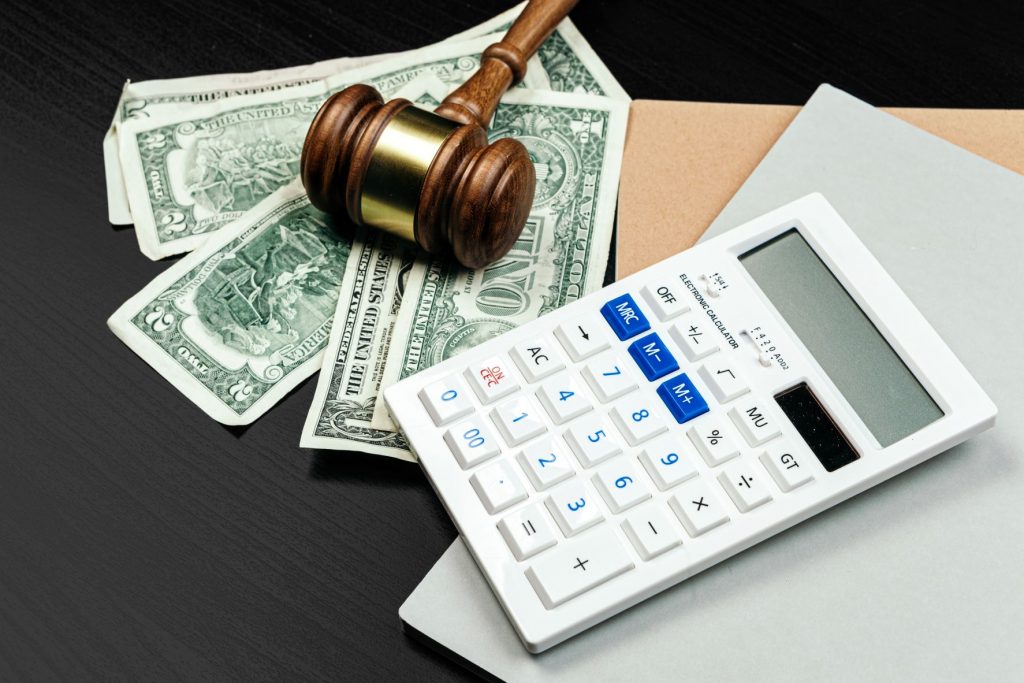If you’re having problems paying your debts, or if you’re planning to file for bankruptcy, there are a few different things you need to know about Mike Mcenroe. These include how to find a good bankruptcy attorney, and how to defend your interests during a bankruptcy hearing.
Filing for bankruptcy
If you find yourself overwhelmed by debt, you may consider filing for bankruptcy. The process can be intimidating, but it can be a great way to get out of a financial mess.
Before you file, you must first understand how the process works. The process is governed by the United States Bankruptcy Code. There are two types of bankruptcy, Chapter 7 and Chapter 13. While both can eliminate some debt, there are differences in each.
Chapter 7 bankruptcy is for individuals who are low income and have few assets. In chapter 7, the trustee liquidates some assets to pay back creditors. However, a chapter 13 plan will allow you to keep some property.
The first step to filing for bankruptcy is to gather your financial documents. This includes your budget and credit report. You should also consult with a qualified credit counselor to get more information.
Discharge of debts
It may be difficult to understand what happens to your property after a bankruptcy. This question is often raised in many bankruptcy cases. The answer can vary, depending on the type of bankruptcy filed.
In general, a lien remains on the asset even after the bankruptcy is completed. If you fail to make the required payments, your creditor will probably repossess the asset. Some people continue to make loan payments after their bankruptcy is discharged. However, it’s not recommended to take on a car or other loan in this scenario.

There are a number of ways to help you rebuild your credit after bankruptcy. One way is to take out a small unsecured line of credit. Another option is to get a car loan.
Before you decide to file for bankruptcy, it’s important to be familiar with your rights. A good bankruptcy attorney can provide valuable advice.
Consolidation
Debt consolidation is a great way to reduce your interest rates, and your overall payments. However, it can also have some negative repercussions. If you do not make your payments, you could lose your property or be subject to increased taxation.
There are two main options for debt consolidation: a loan or a debt settlement. While bankruptcy is the most common method, many people look for debt relief alternatives.
A bankruptcy lawyer can help you decide between these options. The process can be confusing, but a qualified attorney can answer your questions.
The most notable feature of bankruptcy is that you can eliminate most of your debts without having to pay them back. This is a huge benefit if you have a substantial amount of debt. Moreover, bankruptcy does not affect your credit rating.
Defending interests during hearings
When it comes to filing for bankruptcy, defending your assets may be the last thing on your mind. However, a seasoned attorney can help you get back on your feet, or at least, in your pocketbook. Using a skilled legal professional will ensure you get the benefits of the law without having to pay top dollar. A savvy attorney can also help you decide between filing bankruptcy or restructuring your debts. During this time of financial upheaval, it is wise to know your options, so you are not thrown for the fences. During your consultation, you will learn about your case, your options, and what you can expect from your attorney and your creditors.
Dealing with business debts
If you have a business and you find yourself in a situation where your business debts are getting out of control, you can use a bankruptcy lawyer to help you get your financial life in order. There are two types of bankruptcy: Chapter 7 and Chapter 13. The first can be used to discharge some of the business debt, while the other allows you to pay a portion of your business debt.
You should not try to negotiate your debt on your own, especially if you have multiple creditors. An attorney can save you a lot of time and money by negotiating on your behalf. Nevertheless, if you do choose to negotiate your business debts, you must understand the basics of the legal process and how your creditor may be able to negotiate your debt.